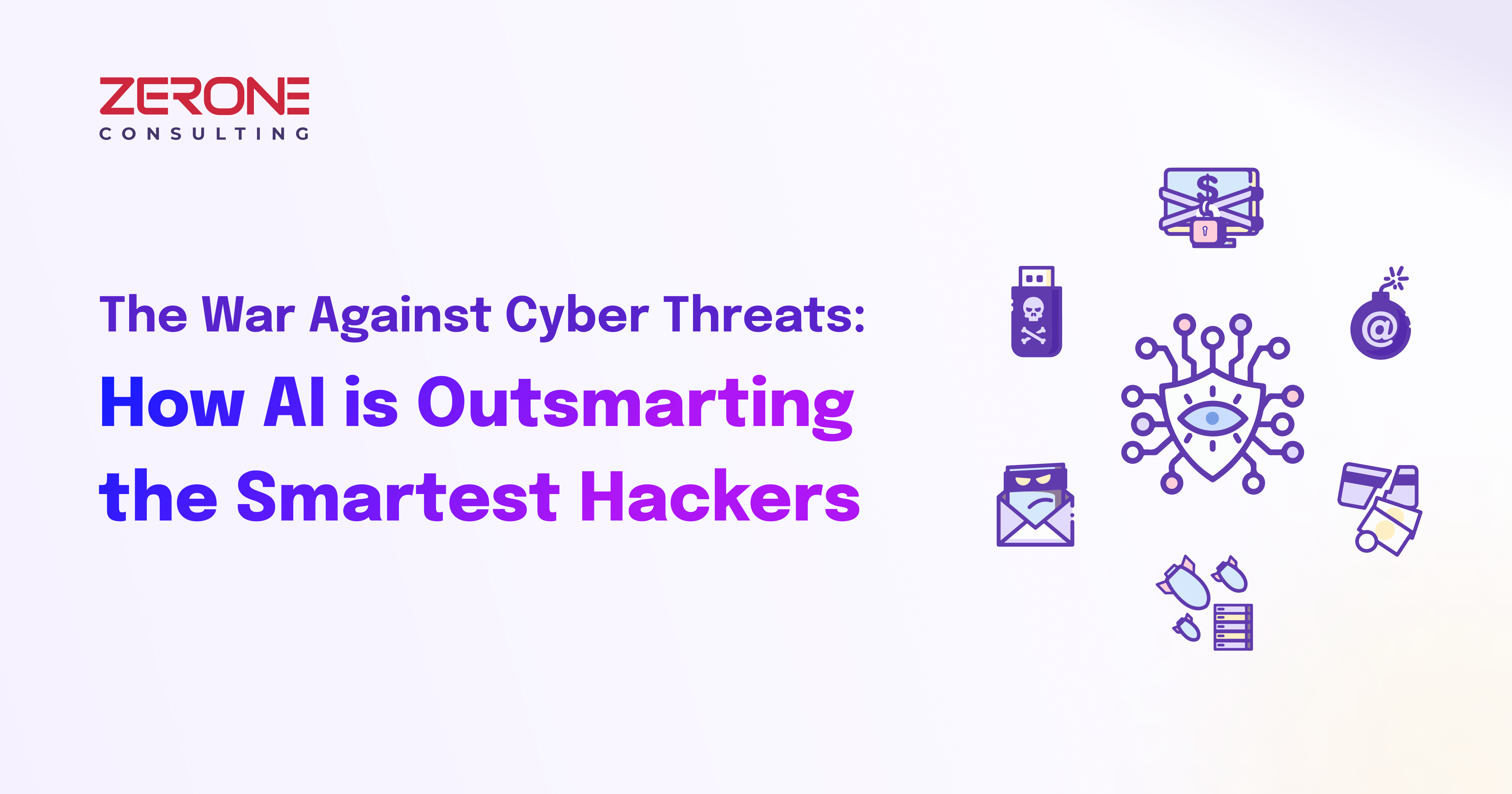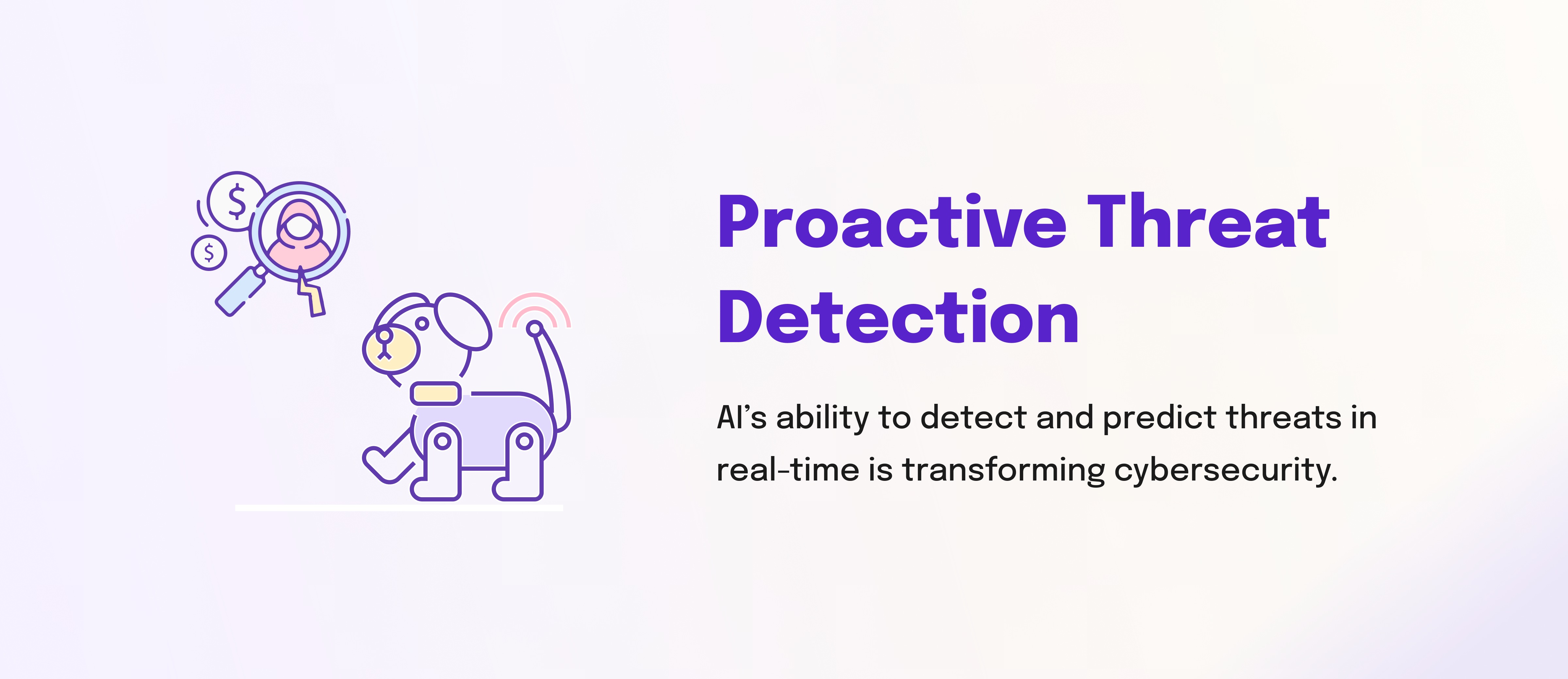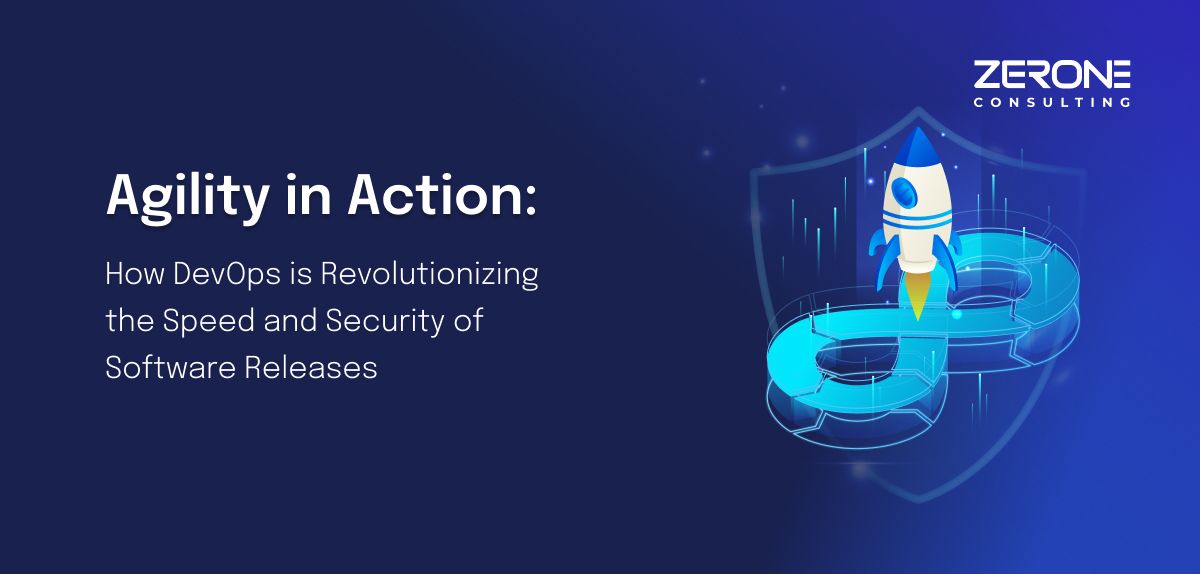The War Against Cyber Threats: How AI is Outsmarting the Smartest Hackers
In the digital age, the battleground of cybersecurity is witnessing a revolutionary shift. As hackers devise increasingly sophisticated methods to breach systems, Artificial Intelligence (AI) emerges as the vanguard in the war against these cyber threats. This narrative explores how AI is changing the game, outwitting even the smartest hackers.

Chapter 1: The Evolving Landscape of Cybersecurity
The digital world is a constantly shifting battlefield. In the early 2000s, firewalls and antivirus software were sufficient. But as technology advanced, so did the complexity of cyberattacks. From phishing scams to ransomware, hackers have evolved, finding ingenious ways to exploit vulnerabilities.
With its ability to learn and adapt, AI is not just a tool but a game-changer in cybersecurity. It's a new dawn where machines are learning to think, predict, and counteract threats in real-time, a crucial step ahead of traditional security measures.
Statistics and Developments
Cybersecurity Ventures predicted that cybercrime costs would grow by 15% per year over the next five years, reaching $10.5 trillion annually by 2025. In contrast, MarketsandMarkets forecasts the global AI in cybersecurity market size to grow from $8.8 billion in 2019 to $38.2 billion by 2026.
Chapter 2: AI - The New Sheriff in Town
AI's role in cybersecurity is multifaceted. One key area is threat detection. AI algorithms, trained on vast datasets of previous cyberattacks, can detect patterns and anomalies that indicate a potential breach, often identifying threats faster than humanly possible.
Intrusion detection systems powered by AI are now capable of real-time monitoring, analyzing network traffic to spot unusual patterns that could signal a breach. This proactive approach is a stark contrast to the reactive nature of traditional security measures.
Chapter 3: AI vs. Hackers - A Cat and Mouse Game
The battle between AI and hackers is akin to a high-stakes cat and mouse game. As hackers devise new methods to evade detection, AI systems continuously learn and adapt. Deep learning algorithms, a subset of AI, are particularly effective, as they can process and learn from unstructured data, making them adept at recognizing novel attack strategies.
The role of AI in responding to attacks is also evolving. AI-driven security platforms can not only detect but also respond to threats automatically. This rapid response capability is critical in mitigating the impact of cyberattacks.
Chapter 4: The Future - Predictive Cybersecurity
The future of cybersecurity lies in predictive analytics. AI is moving towards not just detecting threats but predicting them before they occur. By analyzing trends and patterns, AI can forecast potential vulnerabilities and advise on preemptive measures.
This predictive capability could revolutionize cybersecurity, shifting the focus from defense to prevention. With AI, the potential exists to stay one step ahead of hackers, a critical advantage in this ongoing war.

Challenges and Ethical Considerations
However, the use of AI in cybersecurity is not without challenges. One of the primary concerns is the ethical use of AI. As AI systems become more autonomous, ensuring they operate within ethical and legal boundaries is paramount.
Additionally, there's the challenge of AI-powered cyberattacks. As much as AI is a boon for cybersecurity, it can also be used by hackers to create sophisticated cyber threats. Ensuring AI remains in the right hands is a significant concern for the future.
Conclusion
The war against cyber threats is an ever-evolving battle, with AI at the forefront of this revolution. By outsmarting hackers, AI is not just a tool but a critical ally in securing our digital world. As we continue to harness the power of AI in cybersecurity, we are not just defending against threats; we are shaping a safer digital future.
We can help!
Why Scrum Fits Like A Glove
#Customapplicationdevelopment
Mvps - A Silver Bullet In Software Development
#Customapplicationdevelopment



